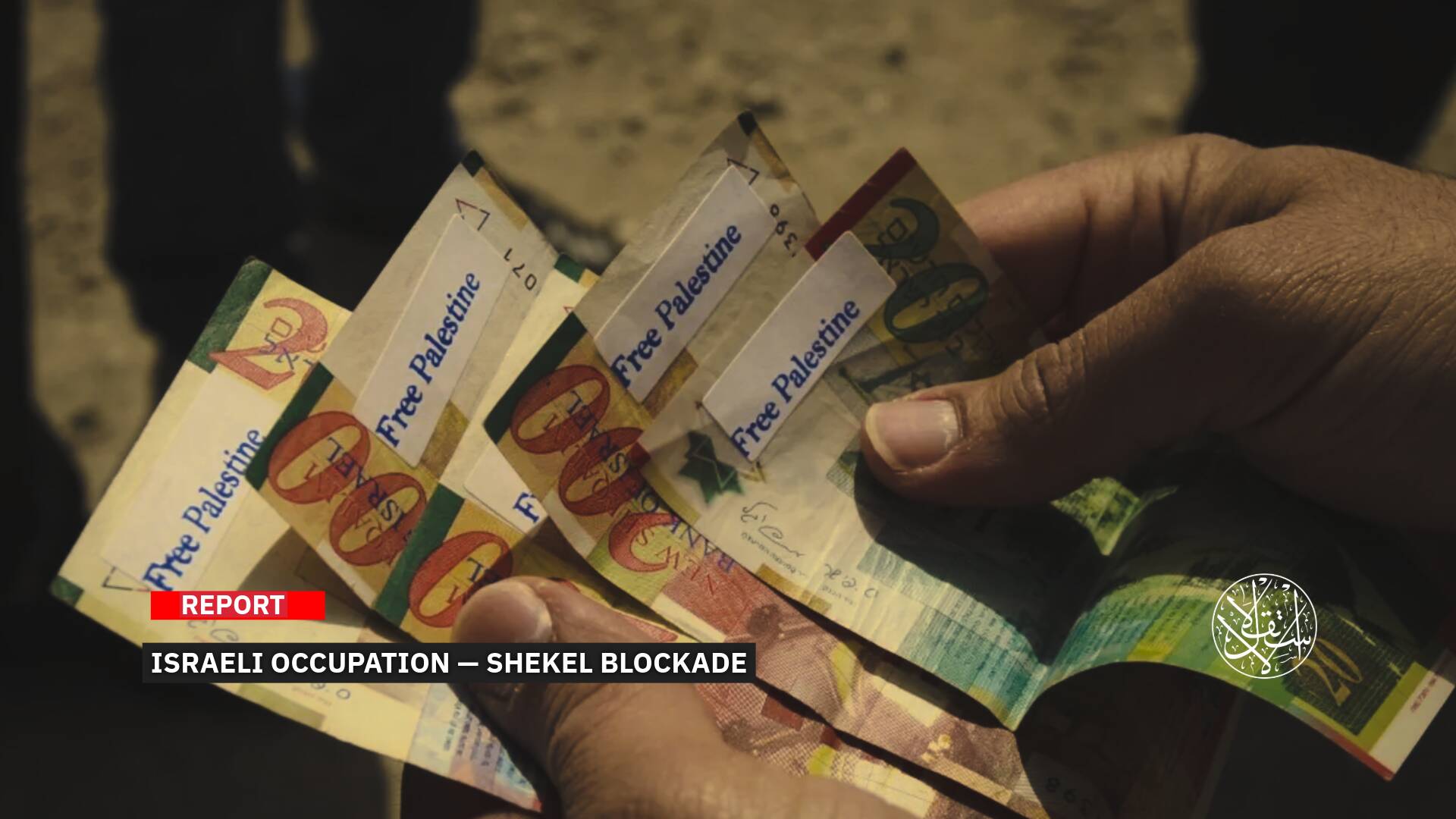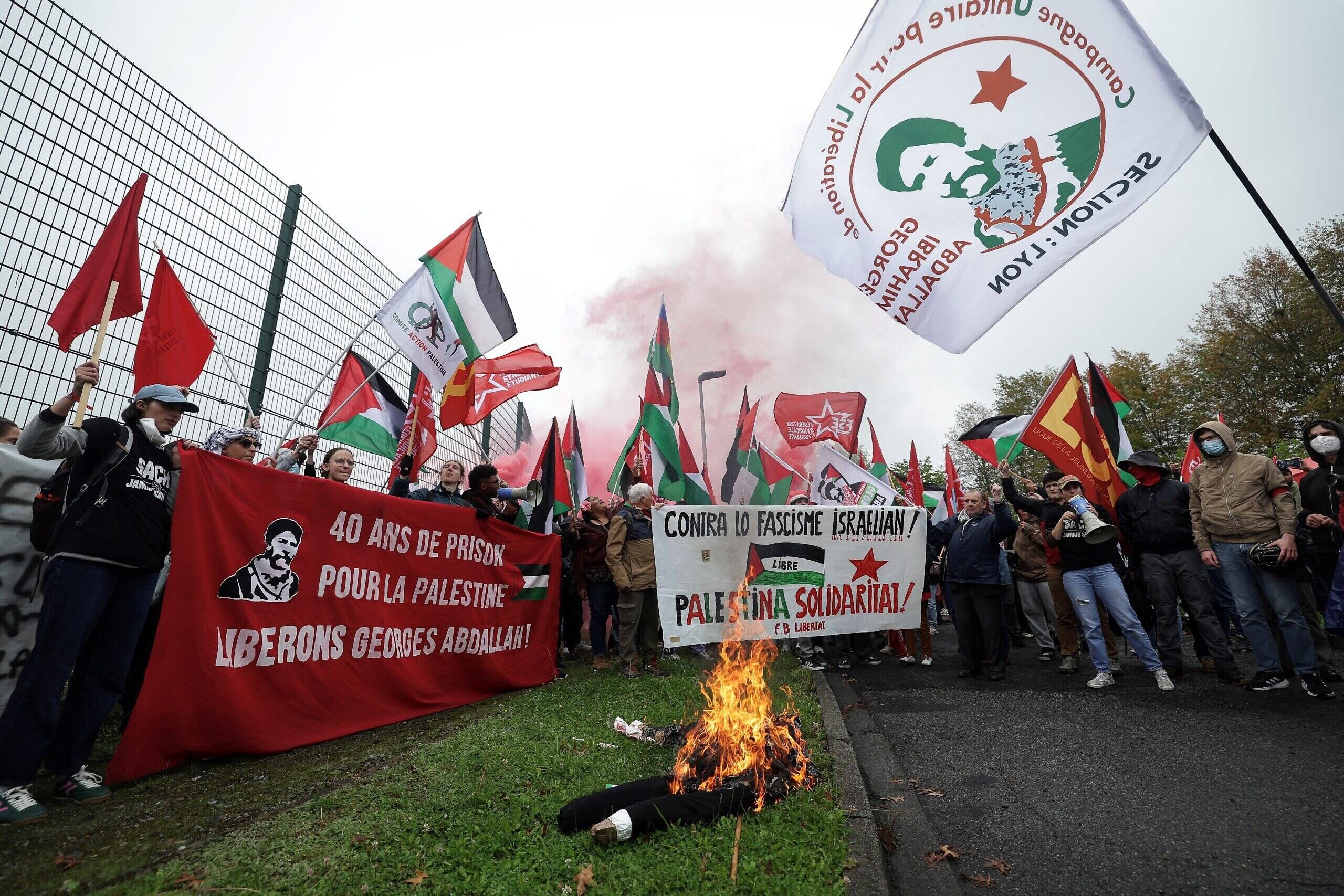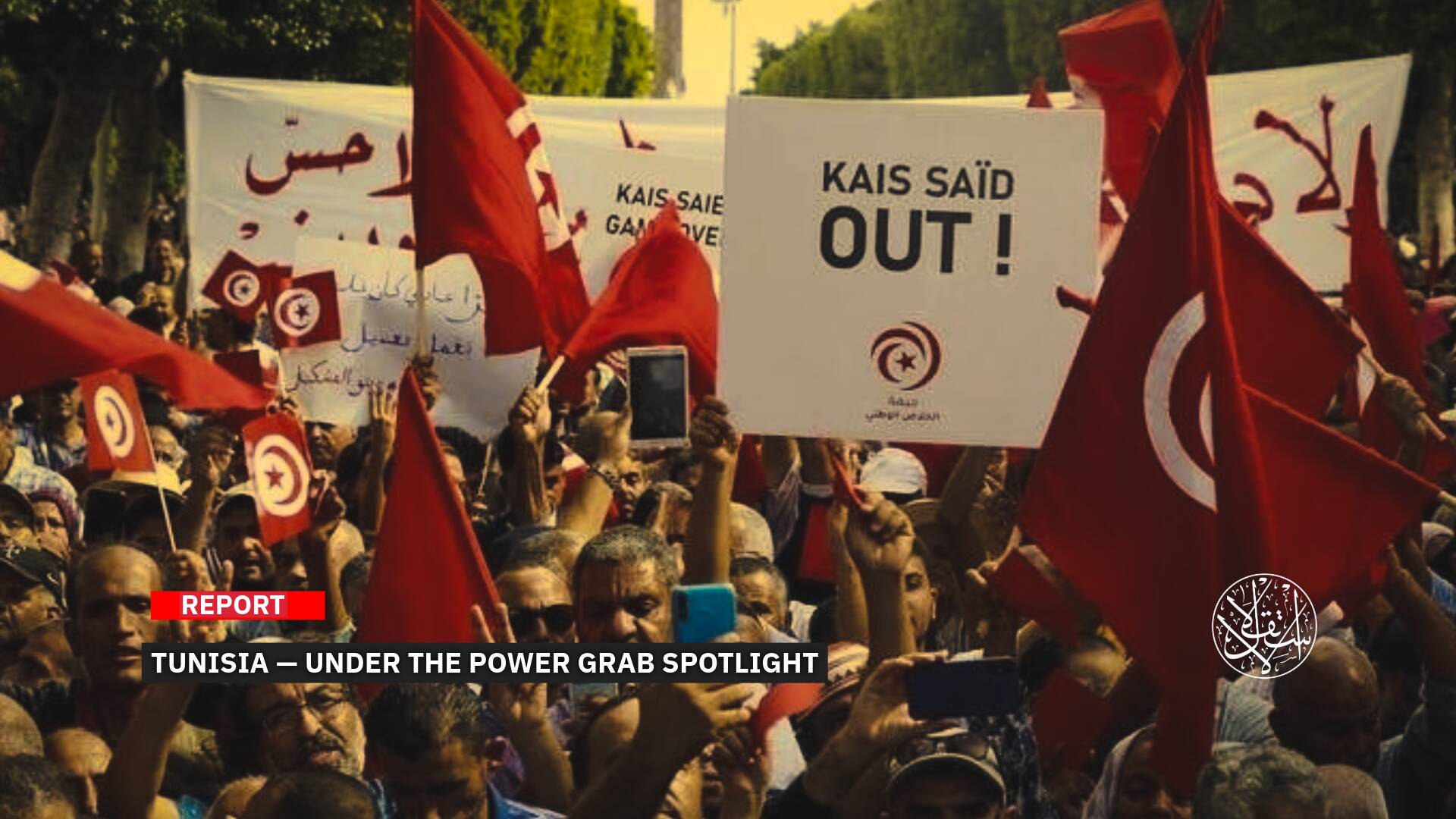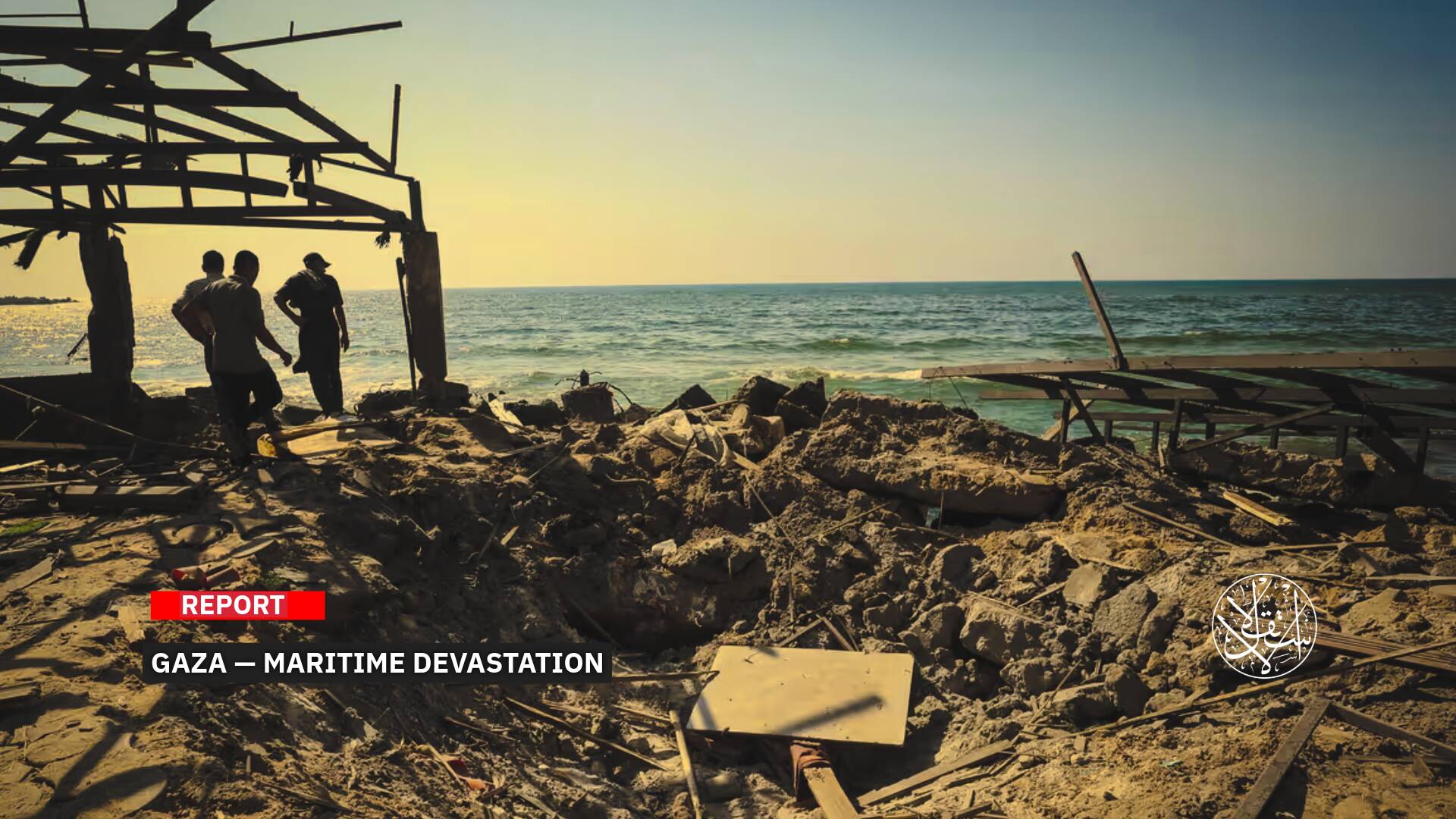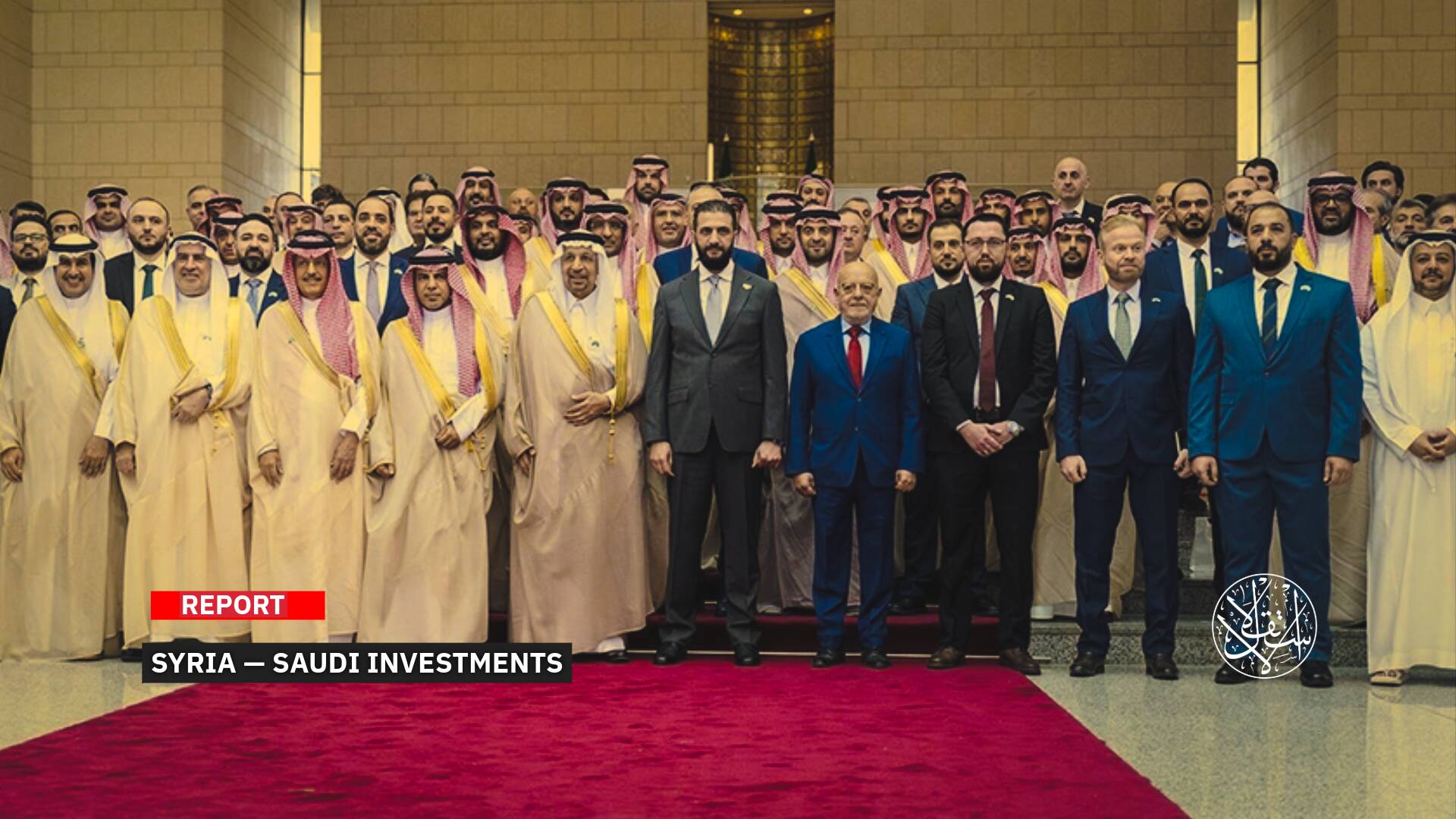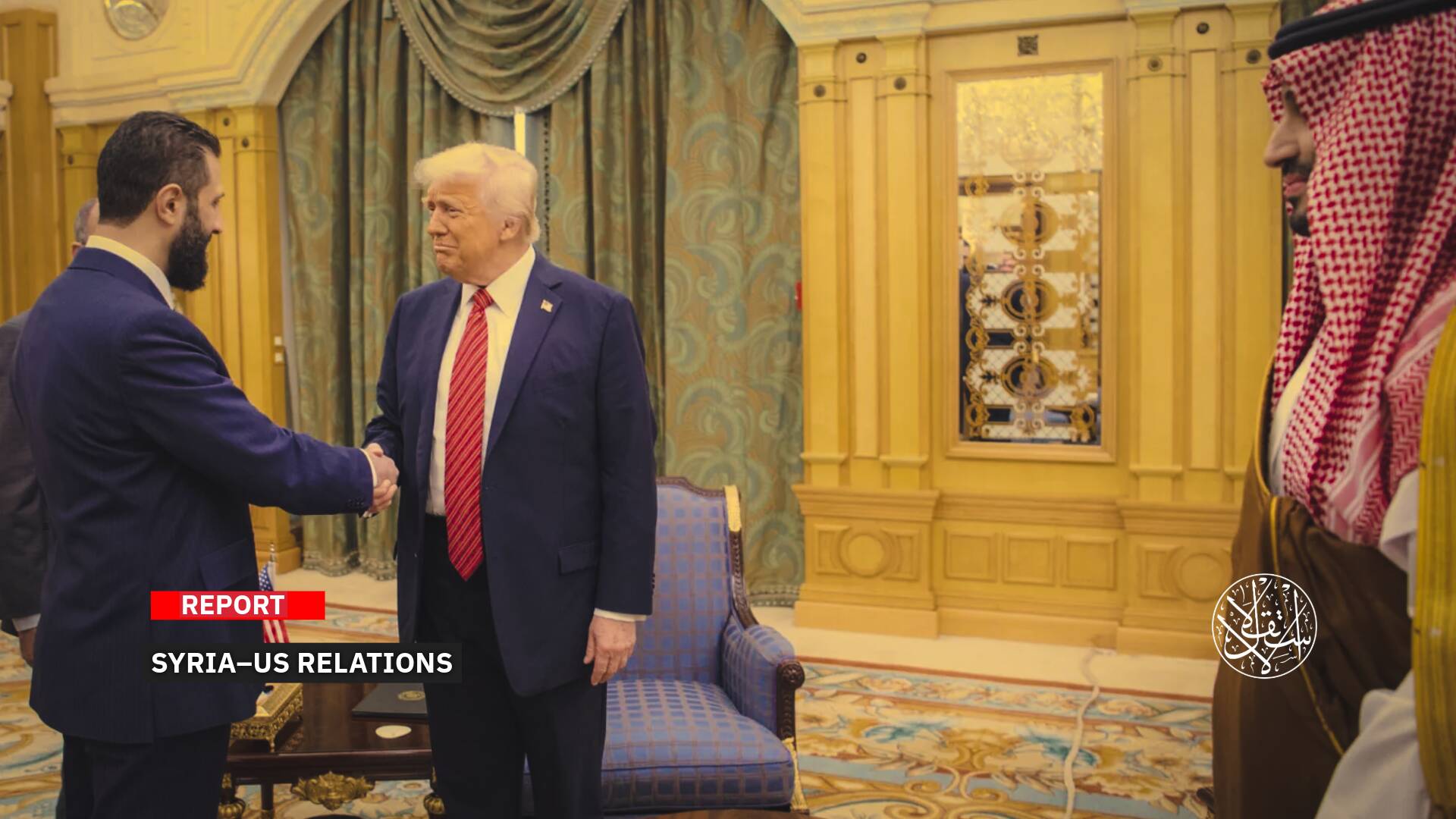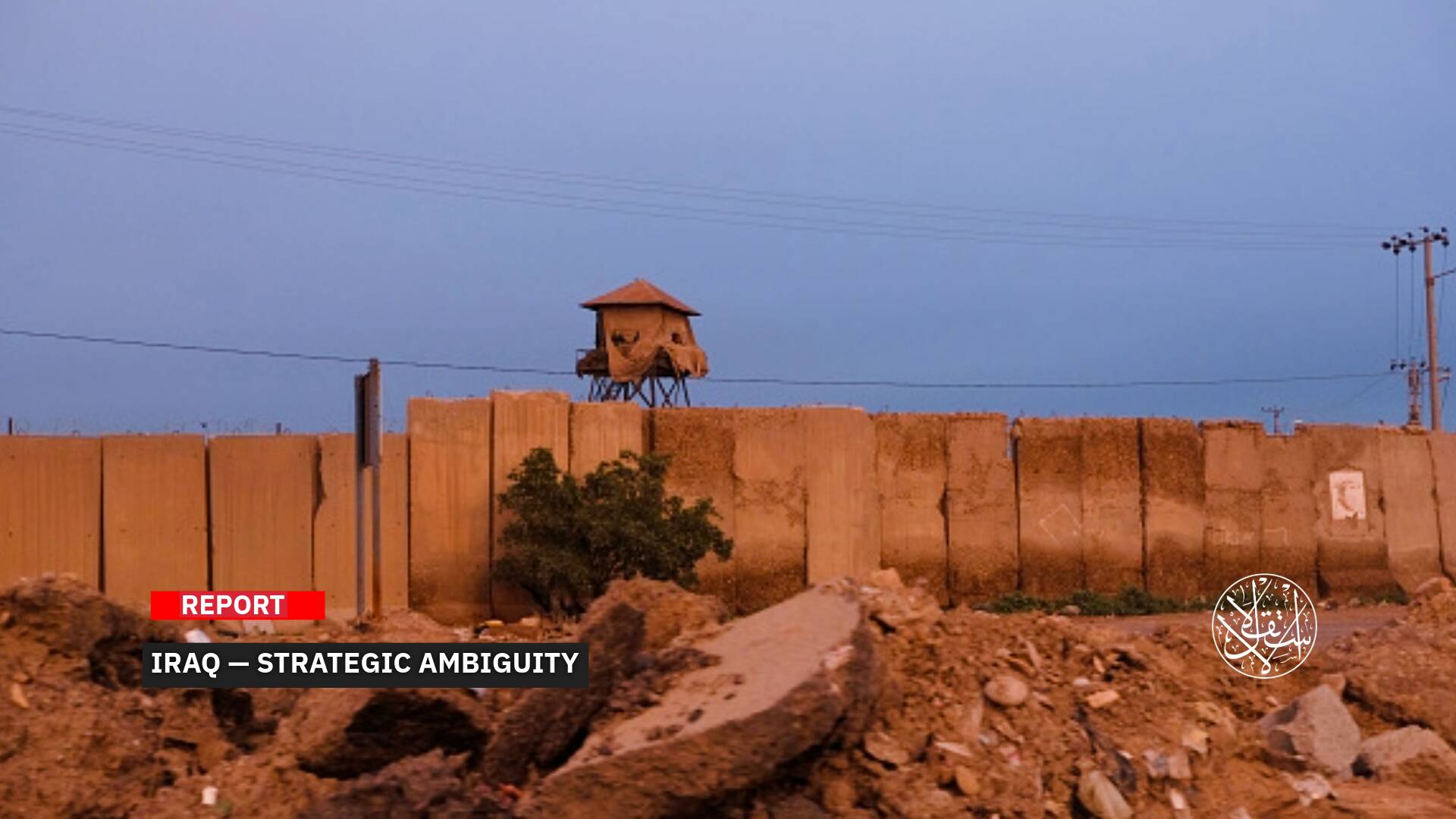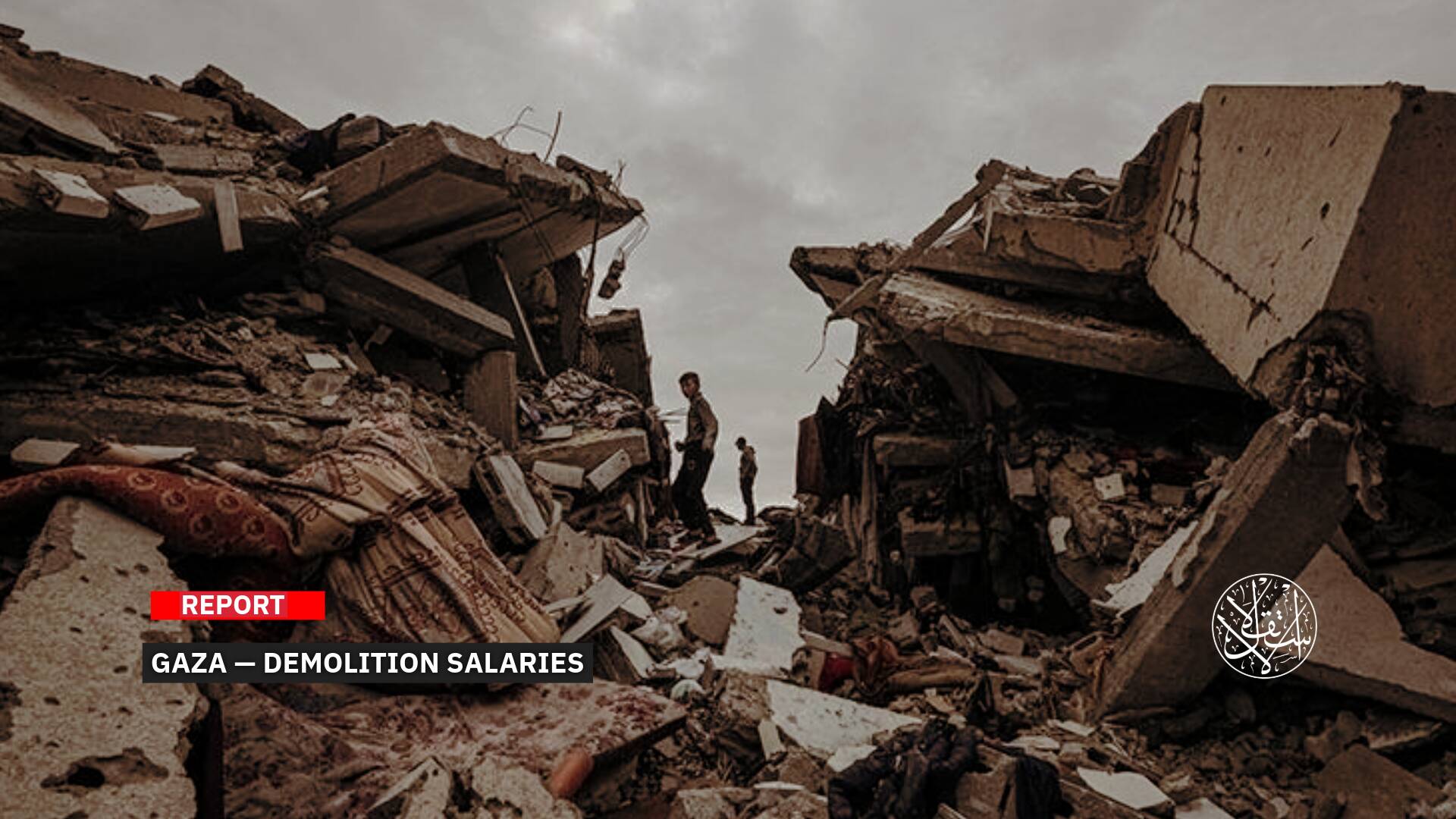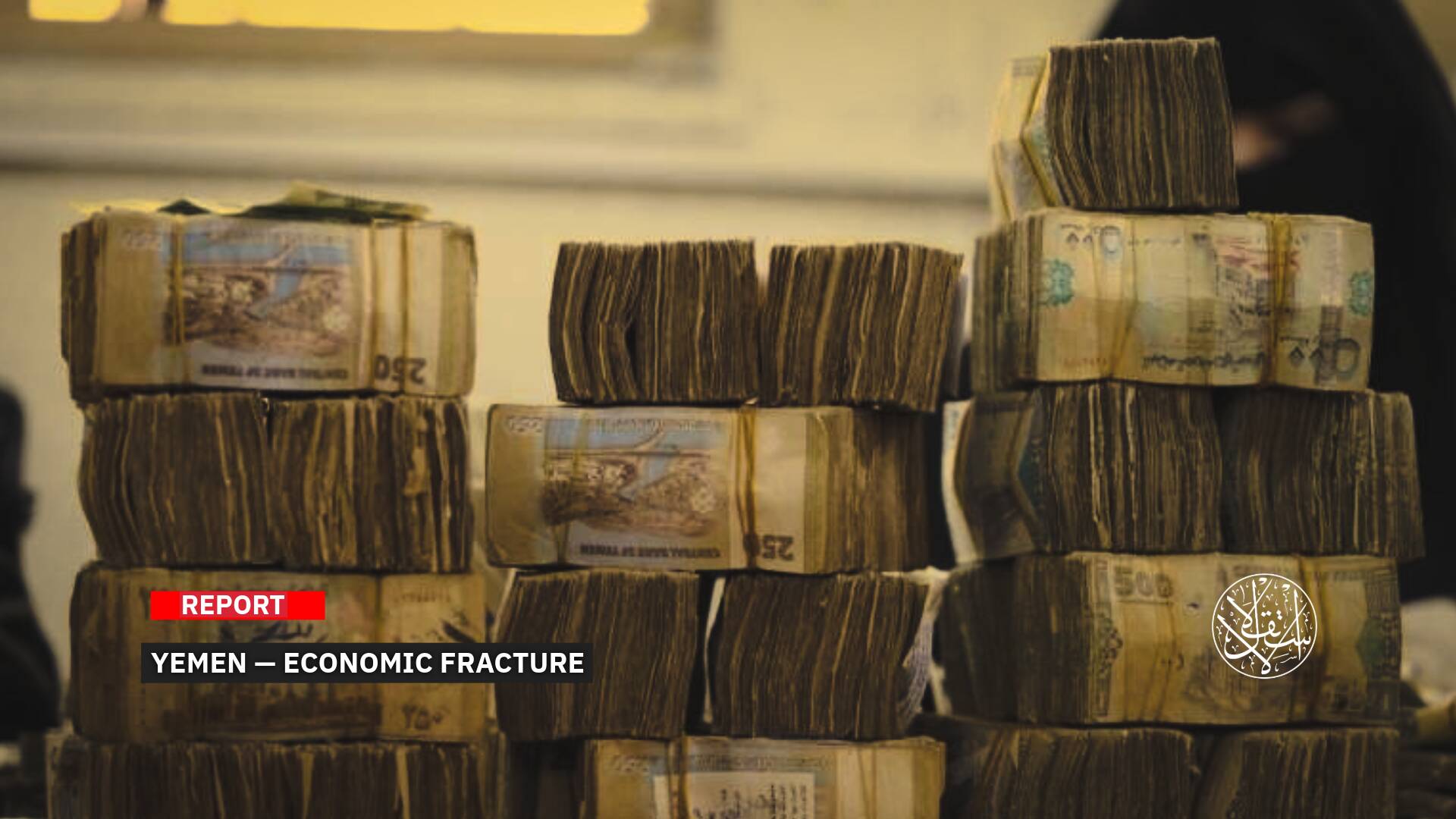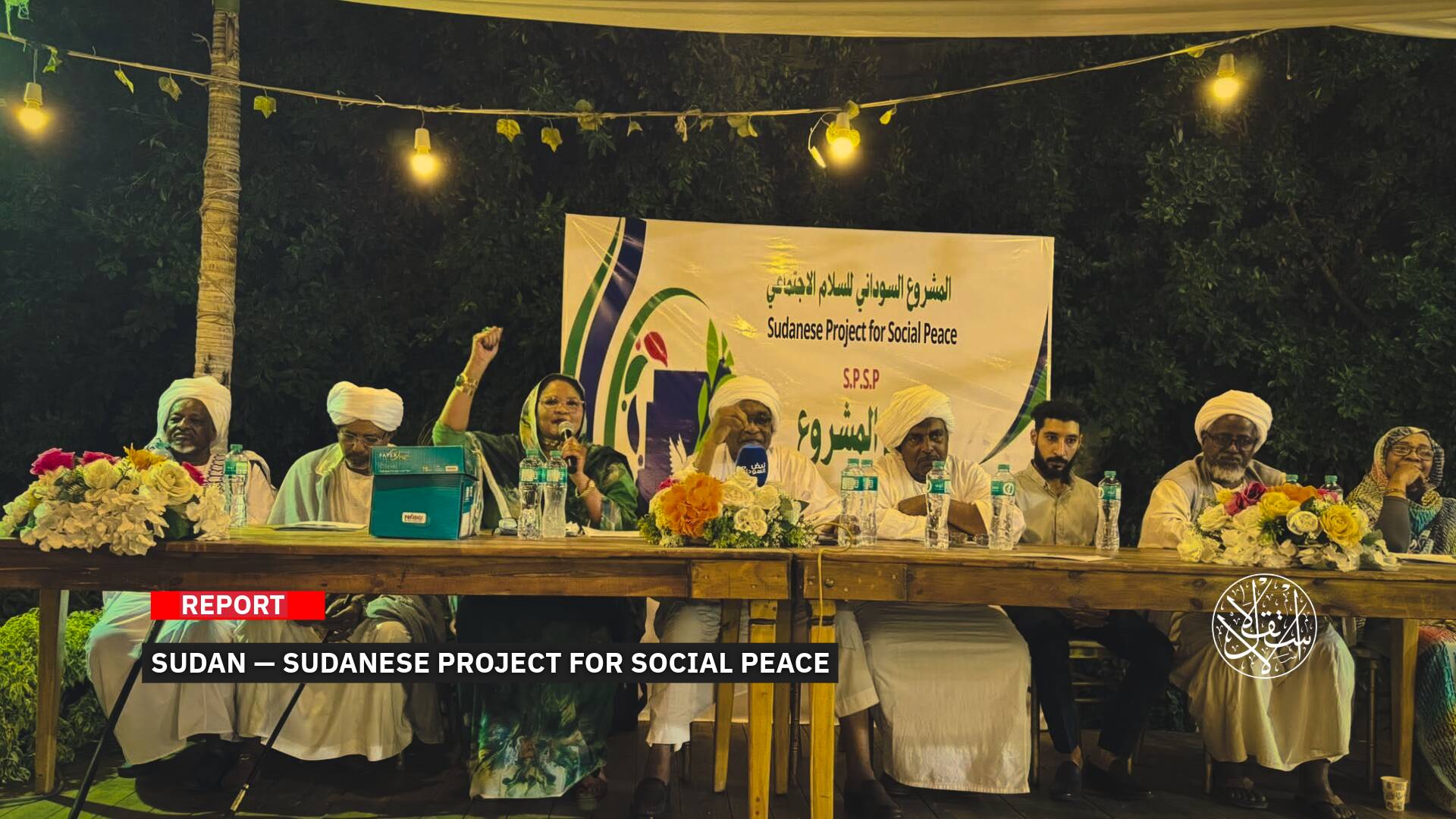On the Second Anniversary of His "Mysterious" Death, Who Violated 'His Rights'?
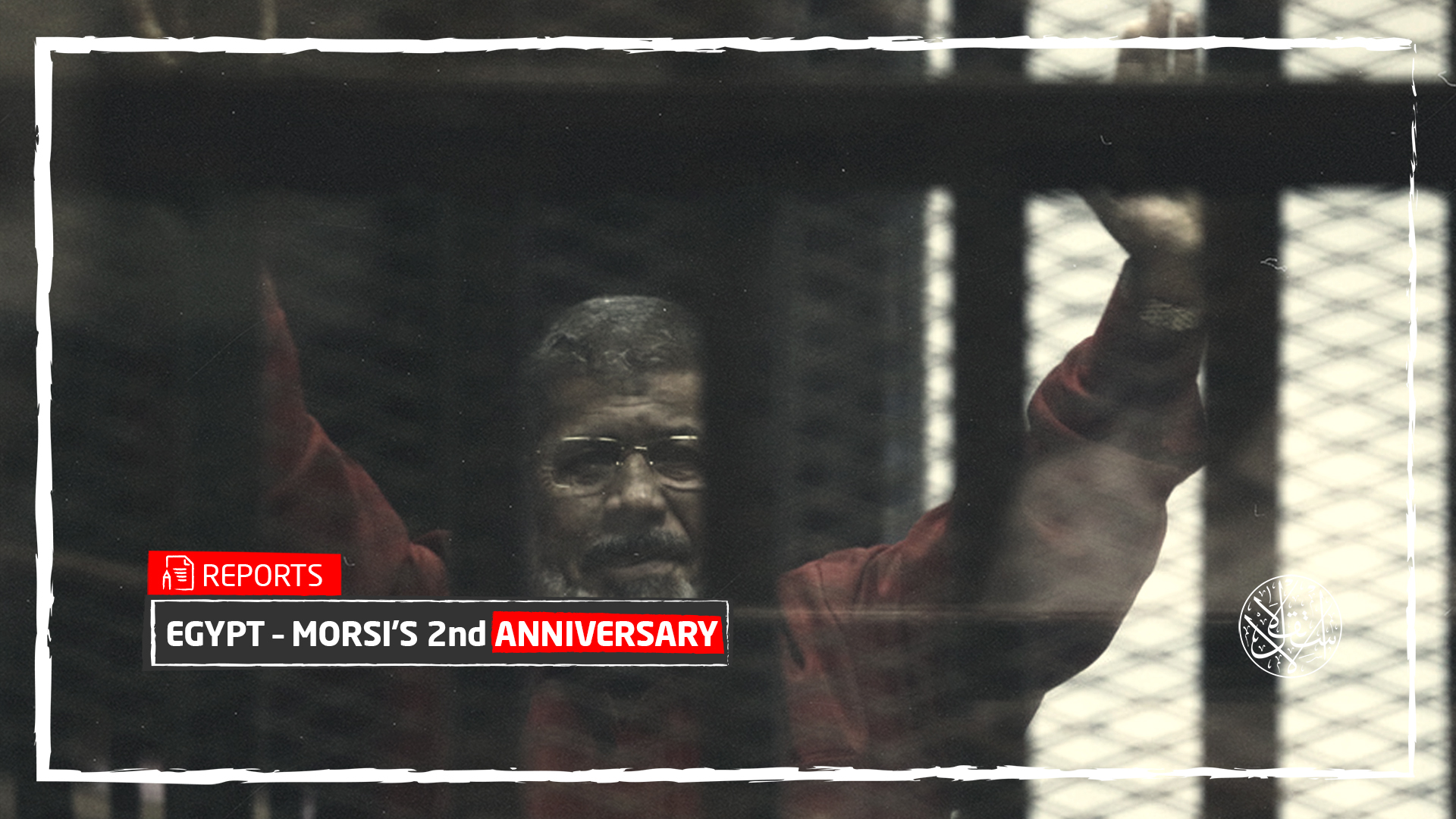
Two years ago, the death of the Egyptian President Mohamed Morsi was a great shock to his supporters and to many revolutionaries of the Arab Spring, after a revolutionary career.
“Legitimacy costs my life”, “Be careful ! The revolution is being stolen from you”, “Do not kill the lions of your country, the dogs of your enemies will eat you”, “I want to protect the girls”, “We will not leave Gaza alone” .. these are some of the words of the late President Morsi.
The second anniversary of the death of Morsi was On June 17, 2021. He was the first democratically elected president in Egypt (2012-2013), who died in the Cairo Criminal Court. accusations His family and the “Muslim Brotherhood” accused the ruling military regime of killing Morsi by medical negligence.
However, two years after the incident, the details of what happened to him are still "ambiguous" since the coup of the army chief Abdel Fattah al-Sisi, on July 3, 2013. No real investigations were done.
Morsi's family had filed a lawsuit before the British courts through British international lawyer Carl Buckley in September 2019, while the "Muslim Brotherhood" adopted the file of his death.
Although two years have passed, "nothing has happened," especially since the authorities of the Sisi regime closed the file by announcing that Morsi died after he had a heart attack."
Two years ago, the death of Egyptian President Mohamed Morsi was a great shock to his supporters and many revolutionaries of the Arab Spring. He left revolutionary symbolic slogans in the minds of his fans.
Going back to the time of Morsi’s arrest, and through about 6 years of detention, he was subjected to enforced disappearance for about 3 months, then he was transferred to Burj Al Arab prison in Alexandria (north), and then he was later transferred to the high-security “Scorpion” prison in the “Tora” prison complex in Cairo in November In 2013, he was referred to trial in 6 cases, which Morsi rejected, stressing that he is the legitimate president of the country.
While many human rights organizations confirmed that they are "politicized cases" and that the trials are illegal.
In fact, theruling military regime put Morsi in a solitary confinement and made him isolated from the rest of the detainees, including his advisors, government ministers, and leaders of the "Muslim Brotherhood", and prevented him from visiting his family and lawyer except 3 times in 6 years and in the presence of the security forces. The late president had no choice but the courtroom, so he speaks to the people and brings out his voice to the world.
However, the security authorities decided to deprive Morsi of this opportunity as well, by placing a glass cage around the iron dock surrounded by wires in the courtroom, to prevent Morsi from speaking, unless with a microphone controlled by the judge, which made the late president unable to defend himself and to convey what was happening to him through prison violations.
Slow Death
From time to time, Morsi complained before the court about his poor conditions in prison and attempts to poison him. His family also repeatedly expressed their fears concerning his life and his slow death.
In August 2015, he complained about the way he was treated in prison. He added that if he had eaten the food that was served to him on July 22, 2015, that would have led to a crime, in reference to the attempt to kill him through putting poison in his food.
After some trouble, the judge allowed him to talk about the conditions of his detention and their impact on the deterioration of his health in November 2017, especially with his suffering from diabetes and his need for daily insulin doses, stressing that his sugar level drops during sleep and that he went through cases of total unconsciousness that may lead to his death.
Morsi said that he is being held in solitary confinement, deprived of communication. He said that he was in complete isolation, and prevented from books, newspapers, paper, pen and radio. He added that he did not eat well for his health condition, pointing to the deterioration of his eyesight due to diabetes.
He also demanded medical care through the court, which accepted his request, but the security authorities did not implement the court's decision, which exacerbated his suffering with back, neck and bone pain because he slept on the ground.
Morsi’s complaints made international human rights support and defend his human rights. The Guernica Center for International Justice sent a complaint to the Commissioner of the International Committee for Human Rights at the United Nations in December 2017, stressing that the conditions of his detention were a torture, and that he did not receive adequate medical care. This may lead to a deterioration of his health condition and therefore premature death.
The last statement of the Morsi family, in May 2019, complained that the authorities had ignored the president’s request for treatment, and the Sisi regime continued to ignore all these calls.
Suspected Criminal
International human rights organizations, following Morsi’s death, confirmed the existence of a criminal suspicion, and demanded an investigation; The spokesperson for the United Nations High Commissioner for Human Rights, Robert Colville, called for an independent investigation concerning the death and all aspects of his treatment while he was in detention.
Amnesty International called on the Egyptian authorities to start an investigation, and confirmed that the conditions of Morsi's imprisonment were one of the causes of his death. His enforced disappearance for several months after his arrest, and his solitary confinement for nearly 6 years, "put a great pressure on his mental and physical health."
On June 17, 2019, the British Parliamentarian, Crispin Blunt, called for an international investigation concerning Morsi’s death, and pointed out that “he did not receive adequate medical care, especially diabetes treatments.
On June 18, 2019, the Muslim Brotherhood called on the world for an international investigation through a professional medical committee in what it described as the “crime of assassination” Morsi, holding the Sisi regime responsible for “intentionally assassinating him, after placing him in solitary confinement in extremely harsh conditions, and depriving him of his most basic rights” in treatment and medicine.
Activists spoke about the second anniversary of Morsi’s death, including human rights lawyer Mohamed Ahmed Tawfik, who said: “Morsi died on June 17, 2019 in the courtroom in front of the eyes of the criminal Sherine Fahmy, who played a deliberate role, in the slow killing of the martyred president, including ignoring his complaint of inhumane treatment in prison and denial of medical care.”
International Law
In a human rights vision, lawyer Mahmoud Jaber believes that "President Morsi's death, as well as the view of international human rights organizations, is doubtful, and it may be most likely that it is unnatural and marred by a criminal suspicion, and opening a investigation into this, is urgent and does not accept delay."
Speaking to Al-Estiklal, he referred to the call of the United Nations Human Rights Commission on June 18, 2019, to conduct an independent investigation into the circumstances of Morsi's death while in detention, that addresses all aspects of his treatment during his 6-year detention.
The director of Justice Foundation for Human Rights stressed that “Egyptian law obliges the state to investigate quickly, impartially, comprehensively and transparently any sudden death in prison, conducted by an independent body to reveal the cause of death, and this did not happen, which is considered as deliberate inaction for political reasons.
Jaber believes that "Morsi's death was expected; the government did not provide adequate health care, prevented family visits, and allowed him only 3 family visits. He also complained about not getting medicine and being threatened."
The Egyptian human rights defender stressed that "the unnatural death of Morsi makes international human rights law a jurisdiction and enforceable", referring to Article (5) of the Universal Declaration of Human Rights of 1948.
"Under the United Nations Convention against Torture (UNCAT) and the International Covenant on Civil and Political Rights, states parties have a duty to investigate allegations of torture or cruel, inhuman or degrading treatment," Jaber continued.
Jaber concluded by saying: "Morsi's case is just and needs more efforts to open a whole international investigation."
The Egyptian human rights lawyer, Mohamed Zarei’, believes that “the case of President Morsi’s death has several aspects that confirm the existence of a criminal suspicion, for the ill-treatment of his jailers during the trial, and then he was placed in a very hot season, specifically in June 2019, in a tight glass cage while he was an elderly and a diabetic patient, and perhaps the lack of oxygen with high temperature led to death.”
The head of the Arab Organization for Penal Reform confirmed in his speech to Al-Estiklal that "a case can be filed anywhere in the world and European capitals and before the International Council for Human Rights, but in the end there is no jurisdiction over this type of case, which makes the issue time and effort be Wasted without result, turned into mere media propaganda."
Zarei said, "The second path that lawyers should take is the courts to which Egypt has signed covenants, such as the African Court of Human Rights, especially since Egypt is a member of the African Union and it is obliged to bring the accused before the court."
He believes that "this path should have been taken by the lawyers and the Morsi family, and to submit the documents they have to the African Court. A ruling may be issued, but in the end the political situation makes the implementation of these rulings difficult. However, all doors must be knocked on."
The Fall of the Regime, First
In a political vision, the leader of the Muslim Brotherhood and former parliamentarian Jamal Heshmat said, "The file of Dr. Morsi's death is depends on the presence of the putschists in power or their absence."
He continued, in his speech to Al-Estiklal: "They were assigned their mission after the president took power, and they hastened when all attempts to thwart him failed. They turned against him and accused him of every shortcoming in them. They blocked him from his natural judge, deprived him of his human rights, and prevented him from speaking at his trial."
Heshmat confirmed that they "hastened his death because of the secrets he carried, and deprived him of the will to bury him in his family's tombs, and did not allow him to have a funeral worthy of the first civilian president of Egypt, but rather prevented people except his family from bidding farewell to him."
He asked: "How can they face a trial because of his murder? It is the same situation that occurred in the massacres of the Raba'a dispersal, and Al-Nahda. They were not accused. Rather, the Brotherhood was accused of killing their brothers, and therefore they do not expect justice from them."
The Egyptian politician, former parliamentarian and leader of the Freedom and Justice Party, Abdel Mawgoud Al-Dardiri, told Al-Estiklal: “ No, the issue of President Morsi’s death did not die, and it will remain alive in the hearts and minds of free people in Egypt and the world.”
He stressed that "the issue needs political will, and this is absent as long as the people's will is absent, and it will return when our will returns," noting that "millions of Egyptians now feel the principles for which he lived and died."
Al-Dardiri continued: "Millions now realize the value of his immortal cry (Free revolutionaries, we will continue the journey)," adding that "millions are now moaning from the cruelty of economic failure, political tyranny and social anger."
He believes that "millions now refuse the cruel regime, after breathing and feeling freedom that we have lost, so the Egyptians are not safe to write a tweet freely, and they are looking for lost and politicized justice, and free and fair elections for Parliament and the presidency."
Al-Dardiri concluded by saying that "the absence of the martyred president's body deepened all these principles and values."


